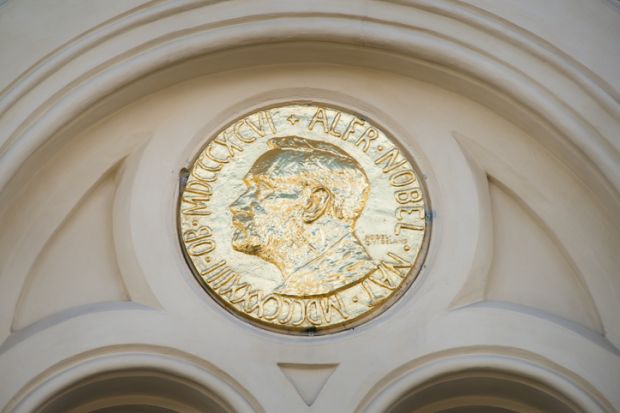
Young economists are "missing the human side of economic activity" and should get their "nose out of data", according to 2006 Nobel laureate Edmund S. Phelps.
This is just one piece of advice included in a series of videos featuring eight Nobel prizewinners in economic sciences aimed at helping students and young economists.
The first video features all of the laureates talking about what it takes to be a good economics researcher. They are James Heckman (Nobel laureate, 2000); Edward C. Prescott (2004); Oliver Hart (2016); Alvin E. Roth (2012); Lars Peter Hansen (2013); Angus Deaton (2015); Robert Shiller (2013); and Professor Phelps.
Professor Hart says that it is important for students to ask "interesting and difficult questions" while Professor Roth says that students should "find work that you want to do, that both inspires you but also thrills you with the fun of doing it".
The following two videos feature Professor Schiller and Professor Roth providing more advice to students in economics about how they can work with peers around the world. Professor Shiller was awarded the Nobel Prize in economic sciences in 2013 for the empirical analysis of asset prices (he shared the prize with Eugene Fama and Professor Hansen).
He says that young people often make the mistake of imitating other people's ideas if they don't have any good ideas of their own, or if they don't have the confidence to say something different.
Professor Roth was awarded the Nobel Prize in economic sciences in 2012 for the theory of stable allocations and the practice of market design. He shared the prize with Lloyd S. Shapley.
He tells young economists to speak to fellow students around the world about the differences in their education and the "locally important questions".
The videos were recorded ahead of the 6th Lindau Meeting on economic sciences. Some 400 young economists are expected to attend the meeting in Lindau, Germany on 22-26 August. More information can be found here.
Read more: 67th Lindau Nobel Laureate Meeting: What are the biggest barriers facing young scientists?



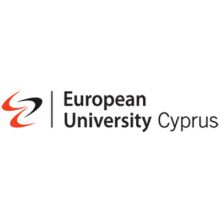



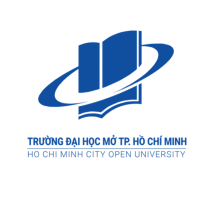

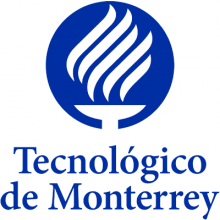
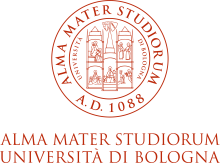
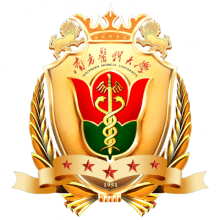


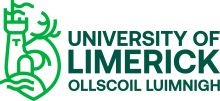


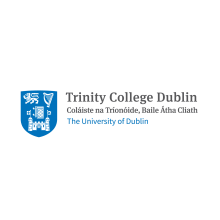


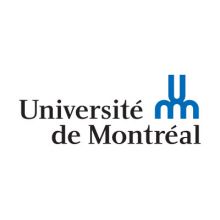

Have your say